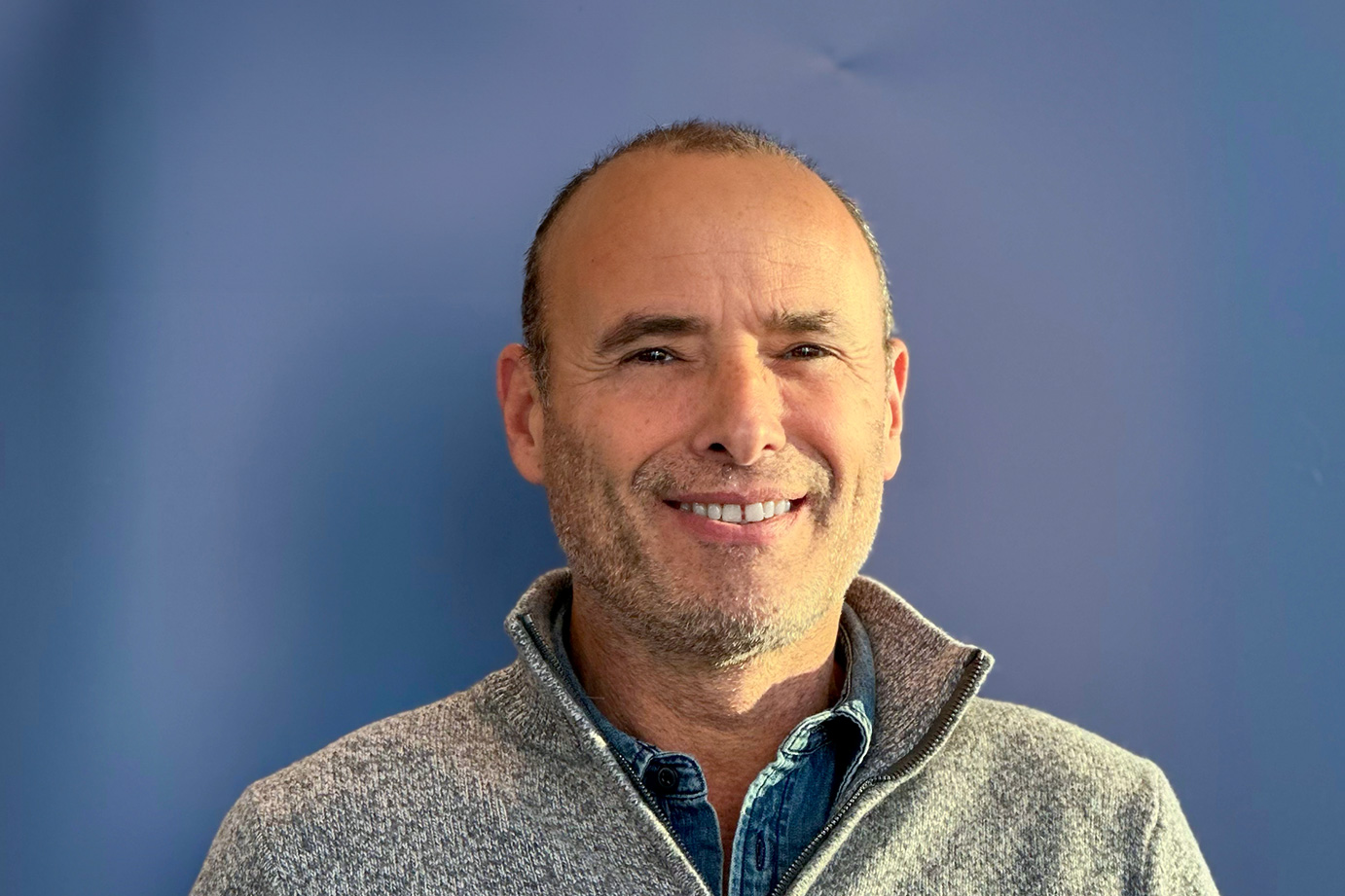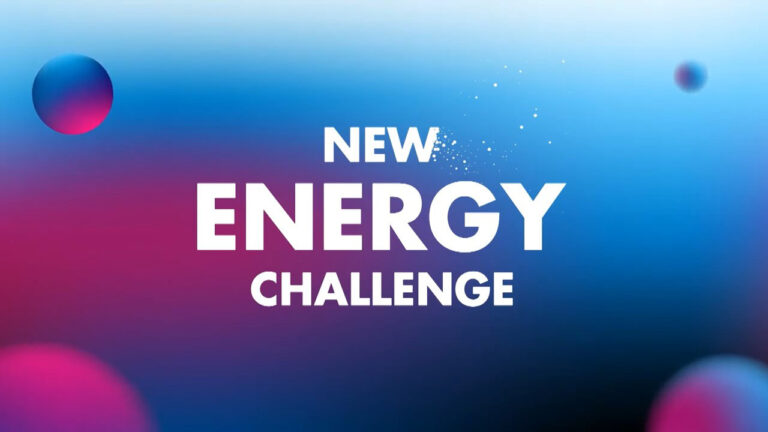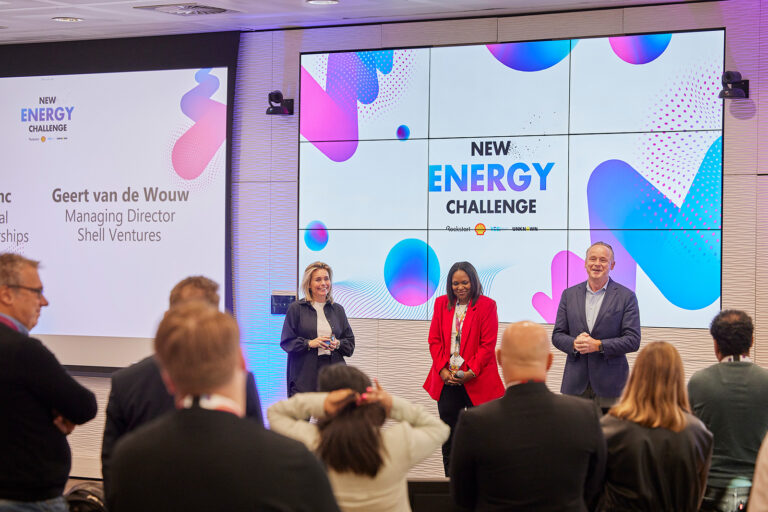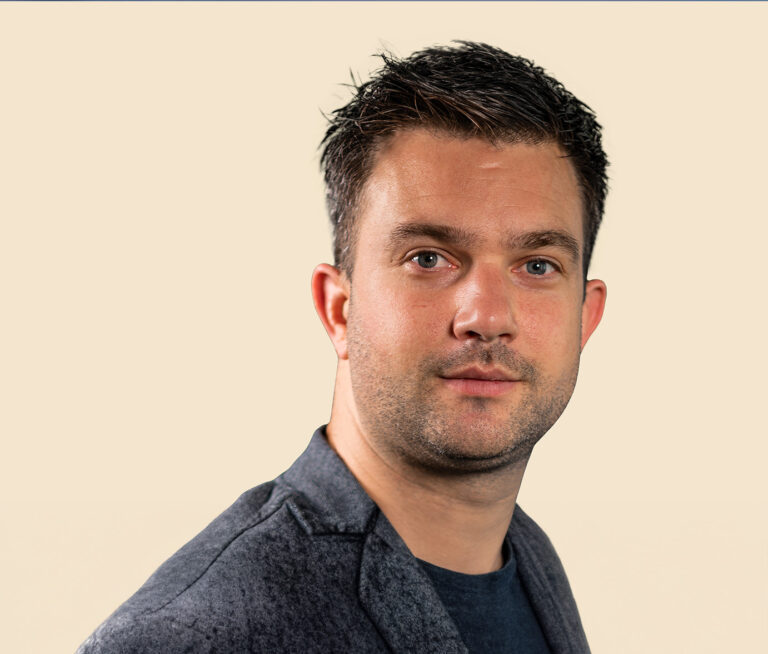YES!Delft: Building an Incubation Ecosystem
Startups are more critical than ever as the world races to build sustainable energy solutions, playing a pivotal role in creating and innovating disruptive technologies that reshape the energy landscape. One organization empowering this revolution is YES!Delft, a startup incubator headquartered in Delft, Netherlands.
Ras Lalmy, the Managing Director of YES!Delft, shares details on YES!Delft’s crucial role in the New Energy Challenge, highlighting its unique purpose and powerful impact. Ras’ perspective provides invaluable insights for aspiring startups looking to make a mark in the challenging space of sustainable energy and CleanTech.
YES!Delft: Expert Incubator
After a decade of experience in various corporate roles, Ras Lalmy dove headfirst into the innovation-driven world of startups, spending the following decade of his career co-founding several tech companies. This path eventually led him to YES!Delft, where he initially got involved as an advisor and mentor for startups. What began as a hobby soon turned into a serious commitment.
As Ras puts it, “This is how I got involved with YES!Delft! through one of those entities. This is sort of, how shall I call it, a hobby that has gotten out of hand, but in a serious matter.”
YES!Delft stands out as a leading startup incubator in the Netherlands. Its rich history spans over 18 years, making it one of the oldest and most respected incubators in the country. What sets YES!Delft apart is its extensive ecosystem built to create the optimal environment for accelerating startups. This ecosystem includes strong ties to distinguished universities like TU Delft and Erasmus University in Rotterdam, a vast network of mentors and entrepreneurs and an alumni community of successful startups.
Ras emphasizes the importance of this ecosystem, saying, “We have all these knowledge institutions around, as well as this massive alumni base of YES!Delft start-ups available as well. So, we have a lot of them that literally moved out of the building and scaled up and are now investing time in the youngest generation of startups.”
YES!Delft’s impact extends across areas such as Blockchain, Artificial Intelligence, BioTech, CleanTech, MedTech, Aviation, Robotics and Complex Technology. The incubator’s influence reached new heights in 2019 with the opening of YES!Delft The Hague, serving as a hub for software-related startups, particularly those specializing in Artificial Intelligence and Blockchain. Followed in 2022 with the opening of YES!Delft Rotterdam, based at the Erasmus University Campus, supporting aspiring local startup entrepreneurs and linking them with great engineering minds from Delft.
Another differentiator of YES!Delft is its not-for-profit status, allowing it to focus solely on startup success without taking equity from the startups it supports. Ras points out, “We are a starter-friendly institution, so therefore, we are also a not-for-profit entity. Our goal is first and foremost startup success.” This commitment to startup success is evident in their impressive 80% survival rate among startups incubated over the years. This success as an incubator, together with their notable network of experts, makes YES!Delft a key partner for the New Energy Challenge, and it’s clear the organization’s involvement since 2018 has had a strong impact on the challenge’s outcomes.
Guiding Startups Through the New Energy Challenge
In the New Energy Challenge, YES!Delft plays a crucial role in guiding and training participants. They bring their perfected methodology for customer validation to the table, propelling these startups to the next level and preparing them for fierce competition in the finals. This initiative underscores YES!Delft’s dedication to fostering innovation and hastening the transition to sustainable energy solutions.
Ras firmly believes that partnerships with major corporations like Shell can be game changers for startups in the energy sector. Shell’s global reach and substantial financial capabilities can significantly accelerate the growth of these innovative startups. A prime example is Epyon, a startup from YES!Delft’s ecosystem, which developed rapid-charging technology for electric vehicles. Today, Epyon’s technology is a key component of Fastned stations across Europe and was eventually acquired by the multinational conglomerate ABB.
Ras believes that Shell’s active involvement in supporting startups serves as a testament to its commitment to driving the transition towards sustainable energy solutions. It’s imperative for large corporations to actively engage in this journey to bring about tangible change. He emphasizes the vital importance of such collaborations, noting, “As you progress on the path to accelerating global impact, partnering with these industry giants becomes increasingly important… it offers a chance to scale up more rapidly.”
Finding Passionate Players
One of the key takeaways from our conversation with Ras is the increasing number of startups motivated by a genuine desire to change the world through sustainable energy solutions. These startups are not just looking for profit but are deeply committed to making a global impact. As Ras explains, “There’s an increasing number of start-ups that are actually active in the field of energy transition and sustainability. They are highly motivated by intrinsic motivation. They really want to make an impact.”
The energy transition and sustainability sector are teeming with promising tech innovations. Ras draws attention to the current societal challenges, “There’s a real increase in promising tech out there, and the challenge is to make an accelerated change possible.” He emphasizes the critical role technology plays in addressing these challenges and accelerating change, aligning with YES!Delft’s mission to nurture startups capable of transformative influence.
Ras also discusses the challenge of bringing promising technologies to the market, stressing that they must work at a global scale to have a significant impact. He notes, “You need to have technologies that actually work ultimately on a global scale. Thus, the impact is exactly the biggest challenge.” A large part of YES!Delft’s work is to address this challenge of scaling up innovations, and it joined the New Energy Challenge to find the next best innovations in the field to support.
The success of YES!Delft’s collaboration with the other partners in the New Energy Challenge illustrates the incredible importance of teamwork between startups, incubators and industry giants. The opportunities created by this teamwork allows startups to emerge as real game-changers in the energy transition and sustainability space.
Advice for Entrepreneurs
Ras emphasizes, “Think big but take small steps.” The path to meaningful change is often paved with incremental progress. While startups should envision a future where their innovations have a global impact, they must also focus on the essential groundwork of development, validation, and market entry. “You cannot conquer the world in a year. Dream big but still do the right steps actually to achieve it.”







